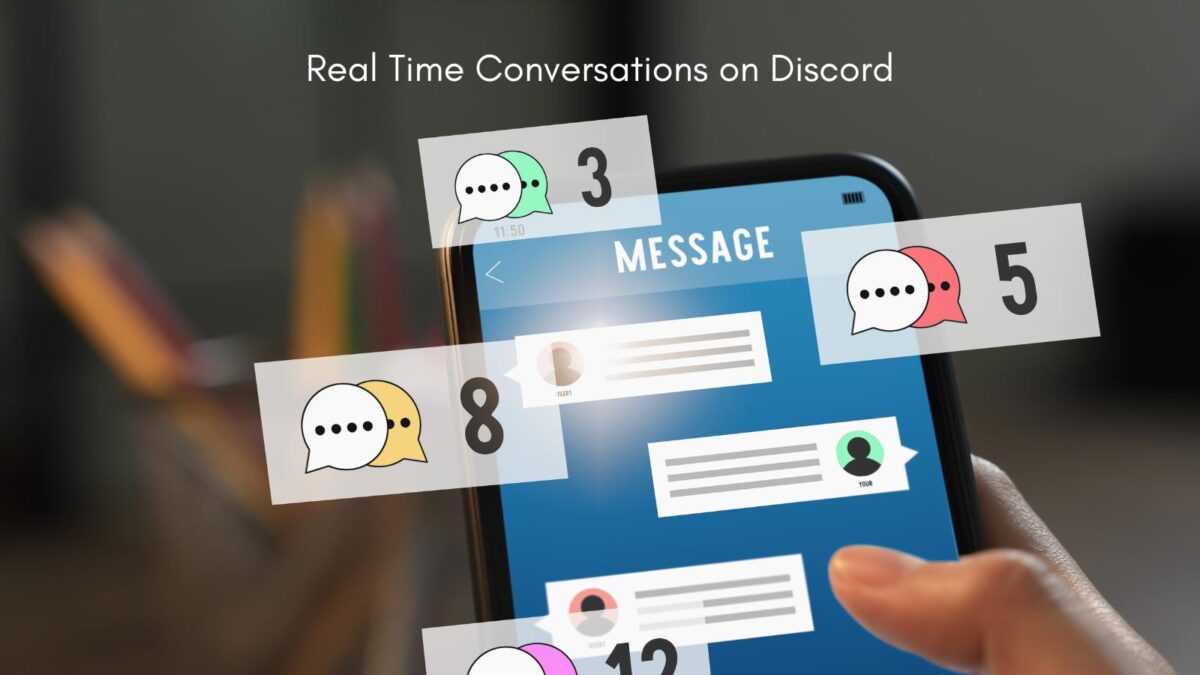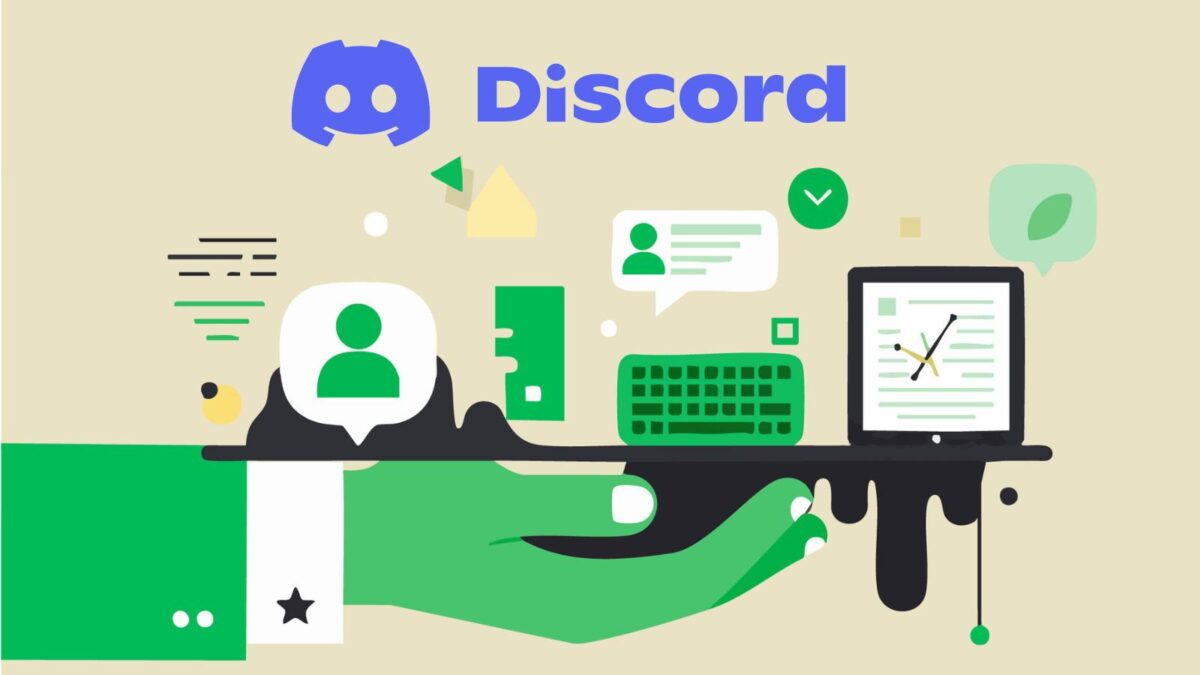Should your company be using Discord as a communication tool? While originally built for gamers, Discord has started to see alternative uses as a platform for business team meetings, customer support and brand community building. In this post, I’ll explore some of the pros and cons of using Discord for business and how to use it effectively as I’ve used it with another business recently.
The Pros and Cons of Using Discord for Business
To help you determine whether your company should be using Discord, here is a brief rundown of the upsides and downsides of this app:
Pros of Discord for Business:
- Free to use: Discord’s basic version is free. It makes it a budget-friendly communication solution (you can upgrade to the paid premium version called Nitro if you need extra features).
- Excellent for real-time communication: Text chats, instant voice, and video features make it a versatile tool for instant communication.
- Popular for community building: Many people already use Discord to join communities – its features, such as polls and events, encourage community engagement.
- Endless customization: There are so many bots, roles, and channels to choose from, enabling you to create a fully customized chat for any purpose.

Cons of Discord for Business:
- Not made for professionals: Discord may feel too informal for some corporate environments; business-oriented alternatives like Slack and Microsoft Teams offer a more professional, organized feel.
- File size limits: Unless you’re willing to upgrade to Nitro, users of the free version of Discord will be restricted to a 10MB file size limit, which may not be suitable for specific purposes.
- Potentially distracting: Some of your staff may use Discord for gaming and online communities, which could come with distractions unless they create a separate work account.
- Security concerns: Discord is not as secure as other communication apps and has been the target of past data breaches.
What are some good uses for Discord for business?
Internal team communication
Discord could be an excellent platform for internal team communication, including team text chats, video calls, and voice calls. You can check in on projects, host presentations, and share documents. It’s also possible to assign roles like ‘admin’, ‘manager’, and ‘support staff’.
Customer support
You can also create dedicated customer support channels using Discord. Setting up a ticket bot is recommended in this case to prioritize customer queries. Private channels can also be set up to resolve issues one-on-one.
Community building
Discord is a fantastic platform for sharing company news, promotions, helpful tips and polls. You can use it to stay in touch with your most loyal customers, including private members or premium subscribers.
It is also great for gathering customer feedback and improving your company.
Should you use Discord for business?
Discord is worth using if you’re looking for a free, easily customizable, informal communication platform. It’s excellent for small creative teams, B2C customer support and community building.
You may want to avoid Discord if you’re operating a business that requires a high level of formality or security (such as financial or legal services). Small companies that need to share large files may also find better tools.
Discord for Business: FAQs, Pros and Cons, and Practical Use
Is Discord a good fit for small business communication?
Yes, for real-time chat, community building, and live events. It works well for teams that value quick conversations, audio rooms, and customer communities. For formal workflows, regulated industries, or strict IT policies, Slack or Microsoft Teams may be a better fit.
What are the top 4 pros and cons of using Discord for business?
Pros:
•Free to start, low barrier to entry.
•Real-time chat, voice, video, and screen share in one place.
•Strong community tools, roles and permissions, events, announcements.
•Easy onboarding with invite links, works on any device.
Cons:
•Weaker compliance and admin controls than enterprise tools.
•Can get noisy, threads and search are less robust for knowledge capture.
•Public perception as a gaming app may affect brand fit.
•Limited native exports and governance for audits.
What roles and permissions should we set up first?
Create roles for Admin, Moderator, Team, Customer, and Partner. Lock down admin actions, limit @everyone mentions, and restrict post rights in #announcements. Enable slowmode in high-traffic channels to reduce spam. Turn on membership screening and rules.
How should a small business structure a Discord server?
•Please keep it simple. Start with 5 to 10 channels:
•#announcements, company updates only.
•#general, casual chat.
•#support, customer questions if public-facing.
•#product-updates, changelogs.
#sales-questions, pre-sales help.
•#feedback, feature requests.
•#team-voice, quick huddles. Use threads for subtopics, and archive channels that go stale.
Can Discord for Business replace email or a help desk?
No. It complements them. Use Discord for quick questions, community engagement, and live sessions. Keep official tickets, contracts, and account data in your help desk or CRM.
How can we host events and webinars on Discord?
Businesses are using Discord for events and webinars. Use Stage Channels for town halls and AMAs. Schedule events, post agendas, and record with consent if needed. Share slides via screen share. After the event, post notes, timestamps, and key links in #recaps.




